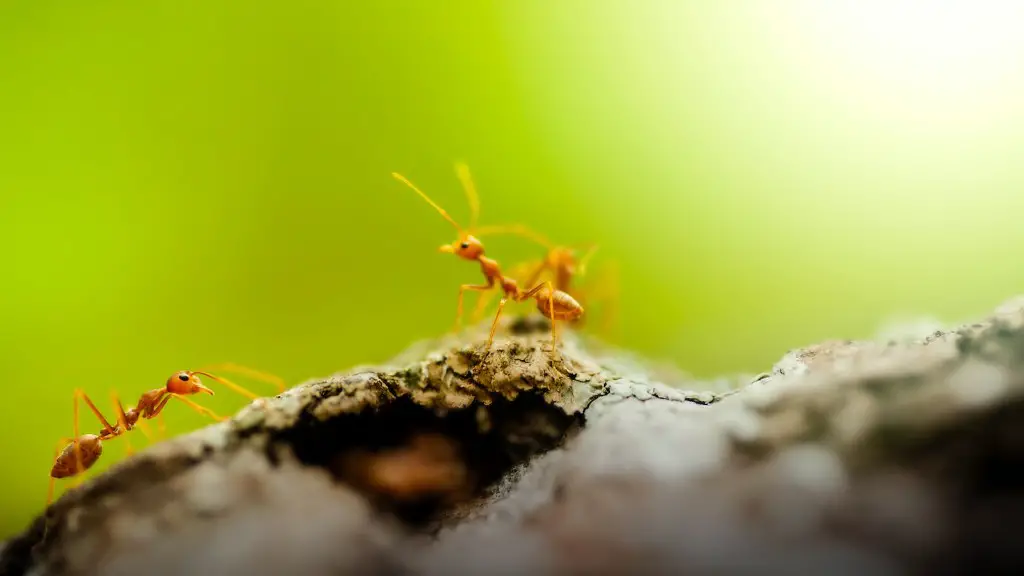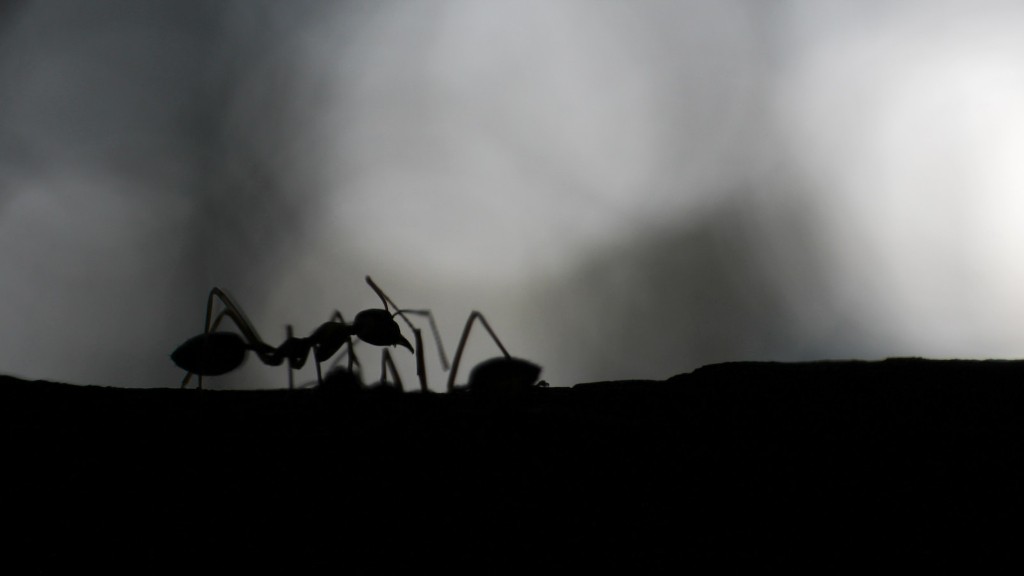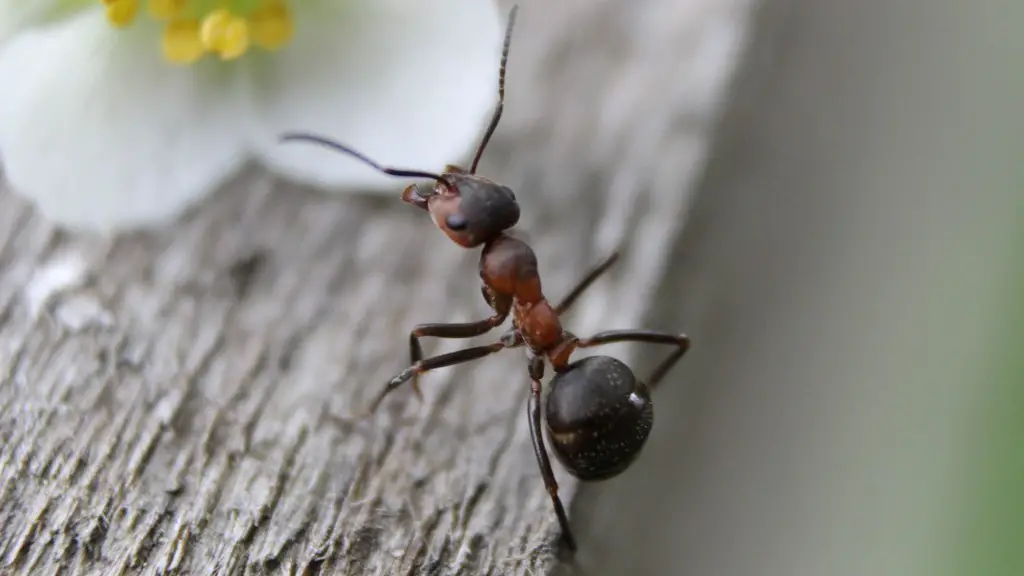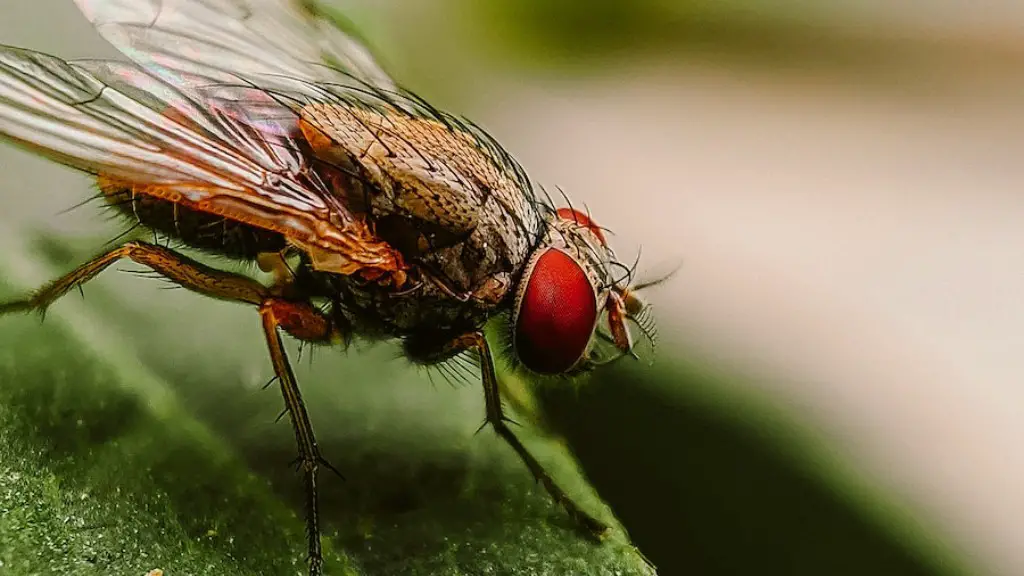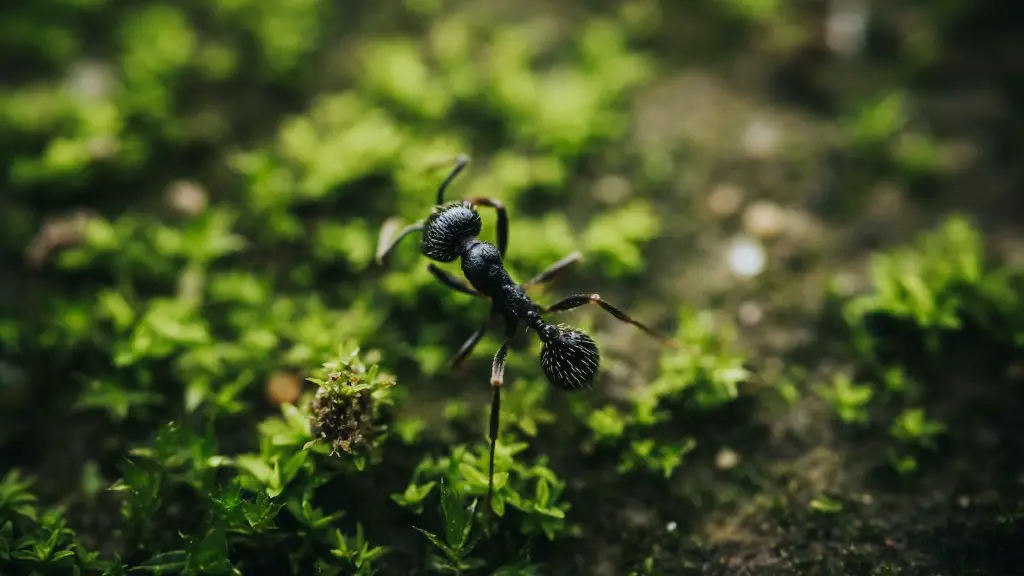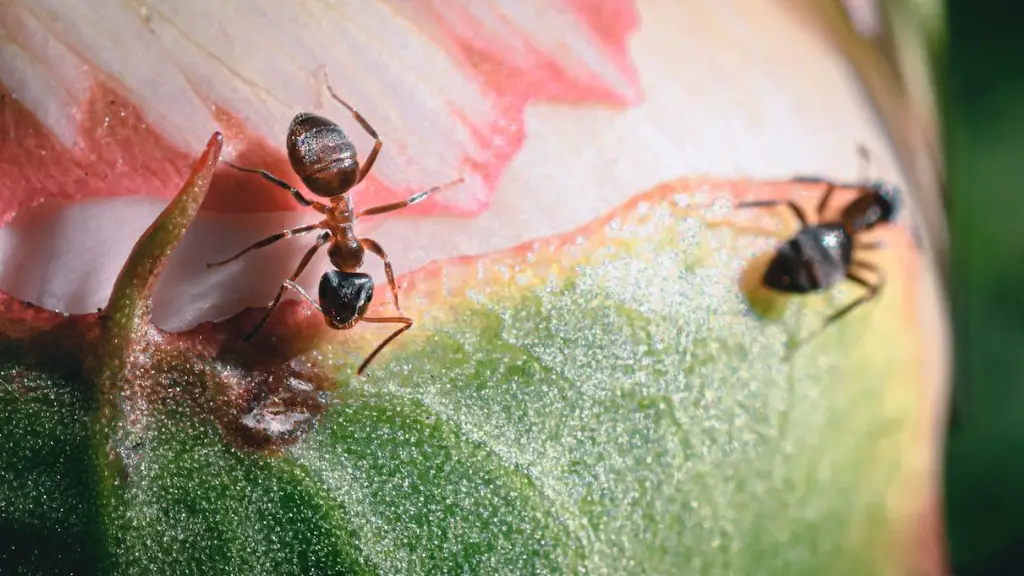Ants in Kitchen Counter
In the kitchen areas, tiny ants are a common problem. Unlike flies or larger ants, they are often difficult to spot, meaning they often remain undisturbed until the problem escalates. Many people use insecticide sprays or chemical methods to counter them. But there are alternatives. This article will discuss how to get rid of tiny ants on kitchen countertops without insecticides and chemicals.
Experts suggest the key to preventing tiny ants in the kitchen is to keep any food items away from the counter surface. Every crumb should be vacuumed and the counters wiped regularly to get rid of all mess. There are also certain substances which ants (and other insects) find particularly repelling. For example, cayenne pepper, vinegar and citrus oils can be used to clean surfaces and inhibit the growth of ants.
Salt water is another effective deterrent. Precautions should be taken as salt can corrode surfaces, but when used correctly it is an excellent method to keep ants away from countertops. A mix of table salt and water can be used to spray the ants.
Borax is another noteworthy option when it comes to prevention and control of ants from kitchen counters. The substance creates a toxic barrier which ants cannot cross. The percent of borax content should be adjusted according to severity of the ant infestation.
Apart from countertops, should look for other entry points. Common places for ants to enter include windowsills, door frames and any gaps/holes in the walls. These should all be addressed as a priority to prevent ants from getting further in the home.
Natural Ant Repellent
Cinnamon has been widely deemed a natural repellent and can be used when dealing with tiny ants. Sprinkle cinnamon around the countertop or spread it throughout infested areas. Not only will the ants be repelled, but it also gives off a pleasant aroma.
Another natural remedy which is gaining traction among people is the use of coffee grounds. Simply spread the grinds on countertops and windowsills to ward off the ants. Coffee also has a strong smell, making it irresistible for ants.
The pantry is another potential ant hotspot. Storing food in airtight containers discourages the ants from entering, as the containers will block their scent.
Ant baits are a popular way to kill an ant colony and contain the infestation. Ant baits are available in store or can be easily made at home. For example, boric acid mixed with sugar can be used to create a powerful bait solution.
Bay leaves can also be used to deter ants from the kitchen. Cut a slit in a fresh bay leaf and insert a cotton ball soaked in lemon juice. Place the leaves around the kitchen counter to keep the ants away.
Mechanical Traps
Mechanical traps such as grease traps can be an effective solution. Grease traps are typically used by restaurants and other food service providers but they can be made easily at home. The traps rely on a sticky surface with unique traps and traps which can be used to catch the ants.
Sticky tape is another useful method which can be used to catch ants. This is one of the more popular methods and often touted as one of the most reliable and cost effective methods. Place a sticky tape across the kitchen counter and it can act as a trap for the ants.
Plastic ‘ant condominiums’ are another effective measure. This method requires minimal effort and works in controlling ants from entering the kitchen counter. Basically, they act as an ant home and provide them an opportunity to build their homes without endangering homes and their inhabitants.
Finally, the use of boric acid is a popular method for dealing with ants. This acid is believed to provide a barrier that prevents the entry of ants. Place traces of boric acid on the kitchen counter to create an impenetrable line which ants cannot cross.
Precautions
It is essential to take precautions when dealing with tiny ants on kitchen counter. Always read the directions and warnings before applying ant-repelling measures or traps. Do not mix different forms of repellents or chemicals as this can cause unforeseen health problems.
Ant traps must be used in accordance with directions. Put the traps in areas where ants are present and move the trap away once the infestation has cleared. Do not use the bait near foodstuffs and always wash hands after handling the traps.
Although many of the methods outlined above are natural, it is always a good idea to speak with an exterminator or an entomologist to acquire professional advice. They can help identify the exact species of the ants and provide tailored solutions and advice.
Preventative Measures
It is also essential to take steps to prevent future infestations. Taking preventative measures and eliminating potential food sources can help drastically. The kitchen should be kept as clean and unflourishing as possible and all garbage should be securely stored.
Cleaning any spills or mess quickly is also essential in keeping the kitchen free from pests. This stops pests from feeding which can be attractive for pests. Additionally, it is essential to identify possible entry points, such as open windows or cracks in the foundations, to eliminate potential entry points.
Finally, keeping pantry items in sealed containers can keep ants away from potential food sources. No matter the size, all foods should be kept away from the counter surface as much as possible. This includes particularly sugary items such as cookies, candy and cake.
Integrated Pest Management
Integrated pest management (IPM) offers a comprehensive solution to dealing with ants. The idea is to use a combination of methods, such as mechanical traps and natural deterrents, to tackle an infestation without the use of poisons or chemicals. This method is often more effective and efficient than using single treatments.
An integrated approach involves detecting and identifying the species of the pest before applying a tailored treatment for the infestation. It is important to be aware that some methods may work better in certain situations. For example, natural traps may work better indoors as opposed to outdoors.
Having someone inspect the property or speak to an exterminator can also be useful as they can provide advice on creating an effective strategy. It is also essential to have someone inspect the premises annually to detect any potential infestations or colonies.
Home Remedies
There are a range of home remedies which can be used to repel ants and prevent an infestation. For example, a mixture of equal amounts of vinegar and water can be sprayed onto surfaces where ants are present. This mixture can act as a repellent and helps keep the ants away.
Mint is also popular natural remedy. All that is required is a handful of dried mint leaves and some vinegar. Boil the leaves in a pan and then add the vinegar. Then strain the liquid and spray it directly onto problem areas.
Rubbing dish soap onto surfaces is also a popular natural alternative. This method works best when used with warm water as the soap works to break down the ants’ protective coating. Additionally, a mix of sugar and borax is a tried and tested remedy for getting rid of ants. Simply mix the two ingredients together and place it within areas where ants are present.
Professional Treatments
For a more comprehensive approach, it is worth considering professional treatments. Seek the advice of an exterminator who can offer tailored advice and provide an effective solution. Professional pest controllers have access to a range of techniques, materials and methods which are unavailable to the general public.
Professionals can also provide advice on how to prepare and protect the home environment during and after the treatment. They can also provide more effective remedies and treatments than can be bought in stores.
Finally, using home remedies and natural ingredients can help relieve the infestation. However, it is important to remember that although some remedies may work on an individual basis, an effective treatment will require a comprehensive approach and a tailored plan.
